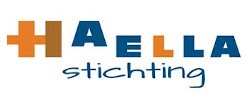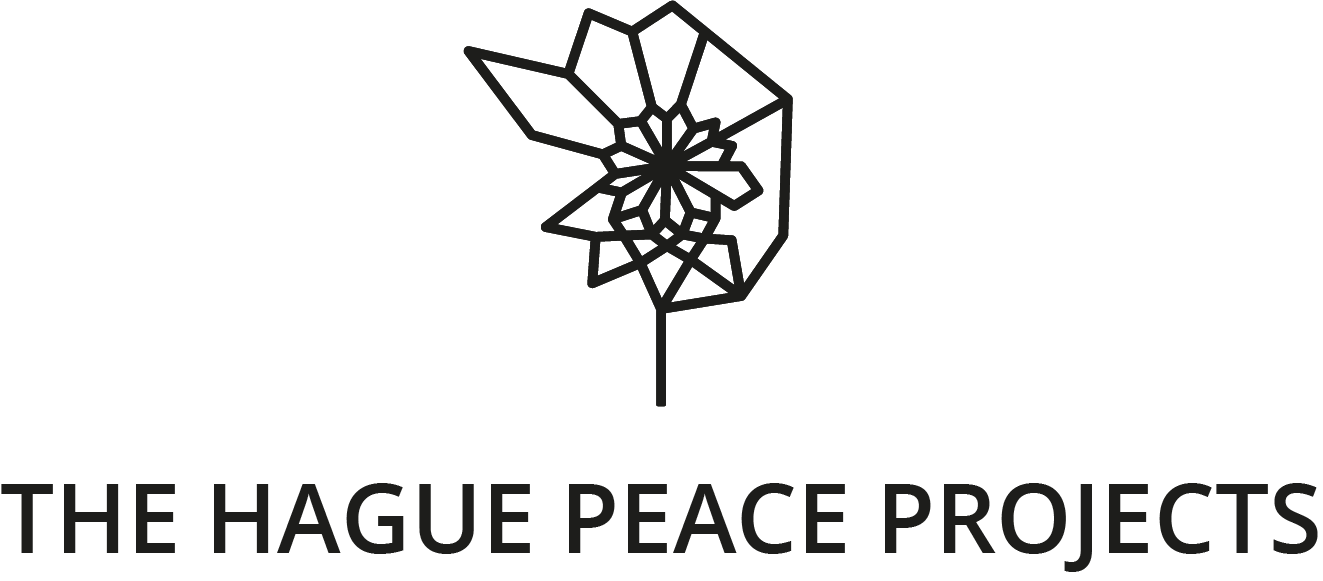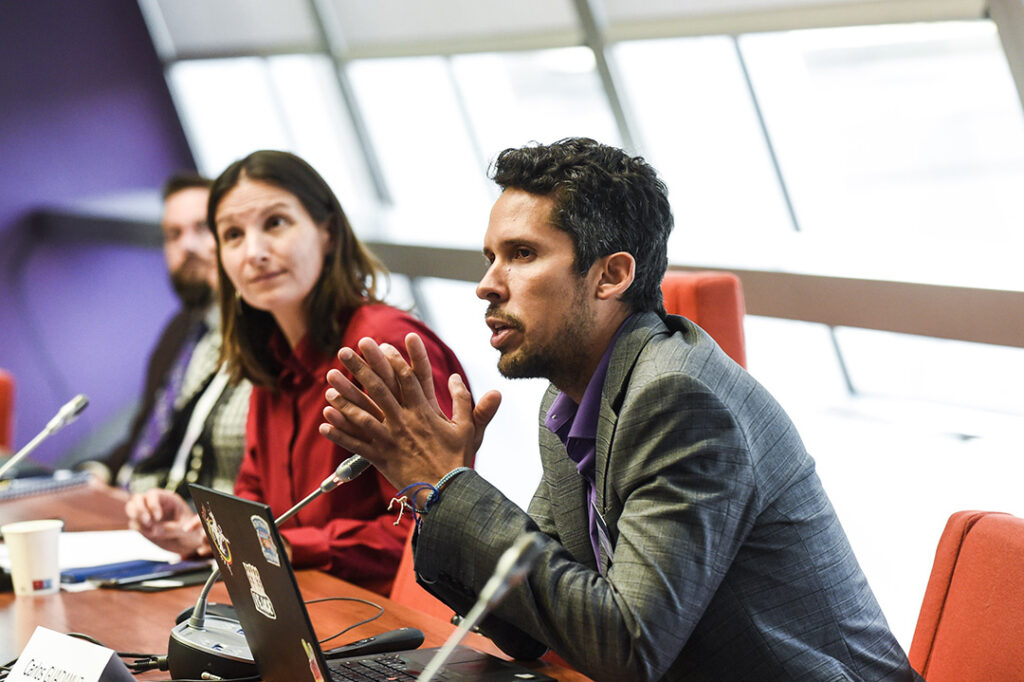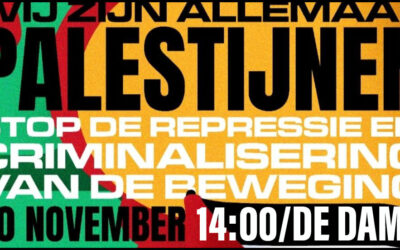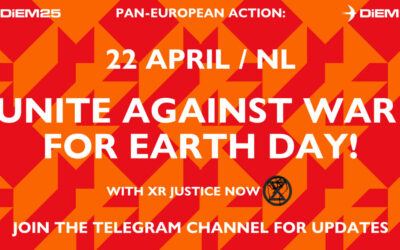The Changemakers Program
Synopsis
The Changemakers initiative recognizes the role of grassroot interventions in the fight for democratic preservation and embraces a bottom-up approach to empower democratic actors that are defending democracy by practising it.
The program is conscious of the necessity to involve members of civil society in their fight for freedom, and against intolerance, impunity, abuses of power, and the dangers of authoritarian rule. As opposed to a top-down approach, the Changemakers Program seeks to encourage the grassroot efforts of social leaders by supporting the good work that is already being done.
In a world where the cost of conflict is over $14 trillion a year, peace efforts remain critically underfunded. The total expenditure on grassroot peacebuilding support in the world is approximately 0.001% of our global military budget. The total amount spent globally on peacekeeping is not much better at 0.3%.
Agenda for Humanity
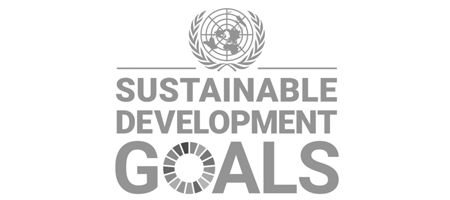
Former UN Secretary-General Ban Ki-Moon put forward a new Agenda for Humanity to combat humanitarian crises and improve the lives of millions of people.
This agenda sets out five core responsibilities aimed at reducing humanitarian suffering. The Changemakers Program embraces the commitment to “work differently to end need” by respecting and strengthening local leadership and capacity, rather than replacing them.
In 2019, global military expenditure was estimated at $1917 billion, while almost 80 million people were forcibly displaced as a result of persecution, conflict, violence, or human rights violations.
Who are Changemakers?
This local leadership and capacity is embodied in society’s Changemakers.
These are our influential members of civil society who represent a real step towards peace and positive change in their communities around the world. They are our catalysts for positive change and represent our legitimate grassroot interventions in the fight for democratic freedom.
Essentially, the Changemakers Program rewards the activities that we want to see rewarded. It is an initiative to support the role that we, as active citizens, can play in shaping our own future.
Our program beneficiaries are journalists, activists, human rights defenders, and environmental defenders in Latin America, the Middle East, Africa, and Europe.
The Changemakers Program
The Changemakers Program provides a holistic support service designed for and by Human Rights Defenders (HRDs) themselves. In addition to receiving support and expanding networks, the program crucially supplements the income of its beneficiaries with a stipend to alleviate financial insecurity, one of the most tenacious obstacles for sustainable human rights work.
This represents an effort to redirect global resources and capital to where it is needed and address a persistent shortcoming of a market ethos that struggles to reward human rights activities.
UBI Support: International Precedents
The United States, Canada, and Finland are already experimenting with a Universal Basic Income (UBI). Various initiatives and studies have shown that UBI programs lead to increased health, happiness, reduced mental strain, and other documented benfits:
- People on basic income reported large and statistically significant improvements in key drivers of well-being.
- People were more likely to find a job while being part of basic income programs.
- At a societal level, Finland’s basic-income experiment has shown to improve the recipients’ trust in their own abilities, as well as their trust in others and institutions. (McKinsey).
UBI Support for Changemakers
The provision of UBI support for Changemakers is a major step towards sustainable and effective grassroot activism around the world.
The Changemakers Program embraces the Sustainable Development Goal #16 from the ground up, investing in the communities and local capacities of human rights defenders and empowering them to continue their work defending the values of human rights and democracy.
Program Method
The Changemakers Program selects beneficiaries based on the active and influential role they have in their fields. It addresses the main barriers they experience in their everyday human rights work and helps them to overcome the financial, safety, capacity, and human obstacles that threaten their work and livelihoods.
Changemakers are required to commit and adhere to the HRD mandate as stipulated by the United Nations’ OHCHR (Special Rapporteur on the situation of Human Rights Defenders).
The following components make up the holistic approach of the program:
Components
Financial Support
Financial support for Changemakers provides a minimal security net to sustain their human rights activities and contribute to their basic needs and safety.
Capacity Building
Changemakers receive training in cybersecurity, personal safety, and communications with a focus on social media, successful campaigning, and capacity building. Increasing the capacity of local impact reduces the need for complex top-down projects and provides tools and skills for civil initiatives to work more effectively.
Community Building
With regular contact and meaningful engagement between participants we encourage peer-to-peer networking to build and grow valuable connections that strengthen human rights communities and enable Changemakers to better navigate civil society and its institutions.
Emotional Support
Providing emotional support addresses an often overlooked component of the traumatic experiences of many of our participants. Emotional support listeners help changemakers to cope with the difficult circumstances inherent to the nature of their work and connects them with professional help when needed.
Strengthening Civil Society
The Changemakers Program aims to strengthen the role of civil society, as enshrined in the right to freedom of peaceful assembly, as a means for HRDs to influence social change and exercise their democratic rights in the face of rising authoritarianism. By investing in local human rights defenders and activists, we foster a global network of individuals who challenge injustice and defend the ideals of democracy by practising it.
Our beneficiaries represent the fight against democratic backsliding and are of critical importance in instilling democratic change in their countries through a peaceful and bottom-up approach. By addressing the financial, safety, capacity, and human obstacles that threaten their civil liberties, the Changemakers Program provides support to combat a shrinking space for civil society.
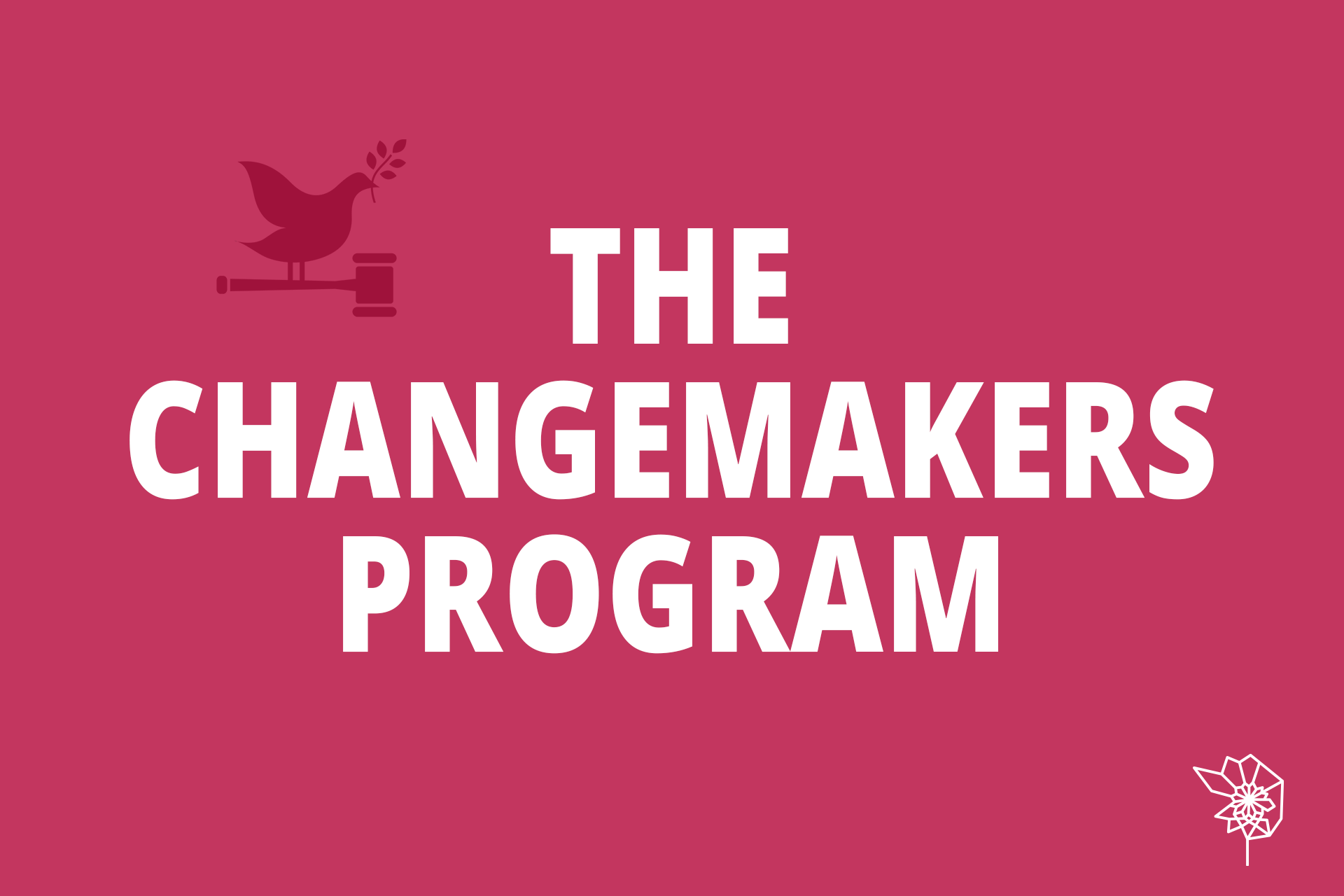
Background
The Risks of Defending Freedom
In recent years, human rights defenders have faced increasing difficulties with the rise of authoritarian and semi-authoritarian regimes, the resurgence of populist nationalists in western democracies, and the persistence of polarizing conflicts.
“The Special Rapporteur (OHCHR) has expressed concern for the situation of human rights defenders in all countries, including both emerging democracies and countries with long-established democratic institutions, practices, and traditions.
Many human rights defenders, in every region of the world, have been and continue to be subject to violations of their human rights. They have been the target of executions, torture, beatings, arbitrary arrests and detention, death threats, harassment and defamation, as well as suffering restrictions on their freedoms of movement, expression, association, and assembly. Human rights defenders are often the victims of false accusations and unfair trials and convictions, and are targeted with acts of intimidation and reprisals for their cooperation with the United Nations on human rights issues.” (OHCHR).
HRDs all over the world are at risk of many forms of attack from many different groups. A non-exhaustive list compiled by Amnesty illustrates the depth of the current global assault against human rights defenders:
Personal attacks:
- Killings and enforced disappearances
- Persecution through prosecution
- Stigmatization
- Trolling
- Reprisals
Attacks on communication:
- Surveillance
- Internet censorship
Shrinking space for civil society:
- Attacks on the right to freedom or peaceful assembly
- Hindering the right to association
- Restrictions on foreign funding
- Restrictions on registration
- Restrictions on the freedom of movement
Abuse by non-state actors:
- Businesses
- Armed groups
- Organized criminal groups
(List courtesy of Amnesty International HRD Report)
The high risks that HRDs contend with is evident, as is their role in championing social change. Unfortunately, human rights defenders often work long hours without pay, protection, or endorsement of any kind. For many, their ability to function is unsustainable without basic support from those who can give it.
FAQ
1. Who are the Changemakers?
Changemakers are key human rights influencers whose activities are integral to the development of healthy democracies. They are the voices in civil society that defend our freedom and democracy by practicing it.
Changemakers are our journalists, activists, human rights defenders, and environmental defenders. Not only are they an invaluable source of information for peacebuilding and human rights, they are our most powerful catalysts for positive change and we cannot afford to miss their voices in civil society.
With little or no economic value attributed to much of their work, our collective ability to initiate change remains at risk.
2. What are the main challenges that Human Rights Defenders face?
Human Rights Defenders face various challenges, including security risks, inadequate working and living conditions, lack of financial security, loss of community, or becoming forced migrants. They may also face personal attacks, restrictions on their freedoms, and abuse by state or non-state actors. (Read more).
3. How does the Changemakers Program support Human Rights Defenders?
The Changemakers Program provides financial support, training and capacity building, community building, and emotional support to human rights defenders. This comprehensive approach addresses the financial, safety, capacity, and human obstacles that threaten their work and livelihood.
4. How are the program beneficiaries selected?
The civil space, both on- and offline, is a key window to the democratic performance of a society. Beneficiaries of the Changemakers Program are selected on the basis of their current role in this arena where society’s democratic obligations towards its citizens are being fought for.
They are selected according to merit and influence in their communities and must commit and adhere to the Human Rights Defenders mandate as stipulated by the United Nations’ OHCHR (Special Rapporteur on the situation of Human Rights Defenders).
5. How much financial support do Changemakers receive?
Changemakers receive a Universal Basic Income (UBI) support equivalent to 100 EUR/month, with a 100 EUR/month increase for every year of participation in the program.
6. Are there any conditions for the Changemakers to receive support?
Changemakers are required to remain active in their peacebuilding role and adhere to the terms and conditions of The Changemakers Program in order to receive support. The support can be withdrawn by The Hague Peace Projects at any time in the event of a breach of collaboration terms.
7. How does the Changemakers Program relate to the UNs’ Agenda for Humanity?
The program embraces the need to “work differently to end need,” which involves respecting and strengthening local leadership and capacity rather than replacing them. It aligns with the Sustainable Development Goal #16, focusing on promoting peace, justice, and strong institutions.
8. How does the Changemakers Program contribute to global peace and human rights?
By supporting influencial human rights defenders, the Changemakers Program strengthens the ability of civil society to promote peace, justice, and human rights. It empowers the courageous voices of individuals and organisations who have dedicated their lives to protect our freedoms and lead positive change around the world.
These are the voices that influence social change and combat a shrinking space for civil society and the rise of authoritarianism by exercising their democratic rights. They are of critical importance in defending and instilling democratic change in their communities through a peaceful and legitimate bottom-up approach.
Catalysts of Change
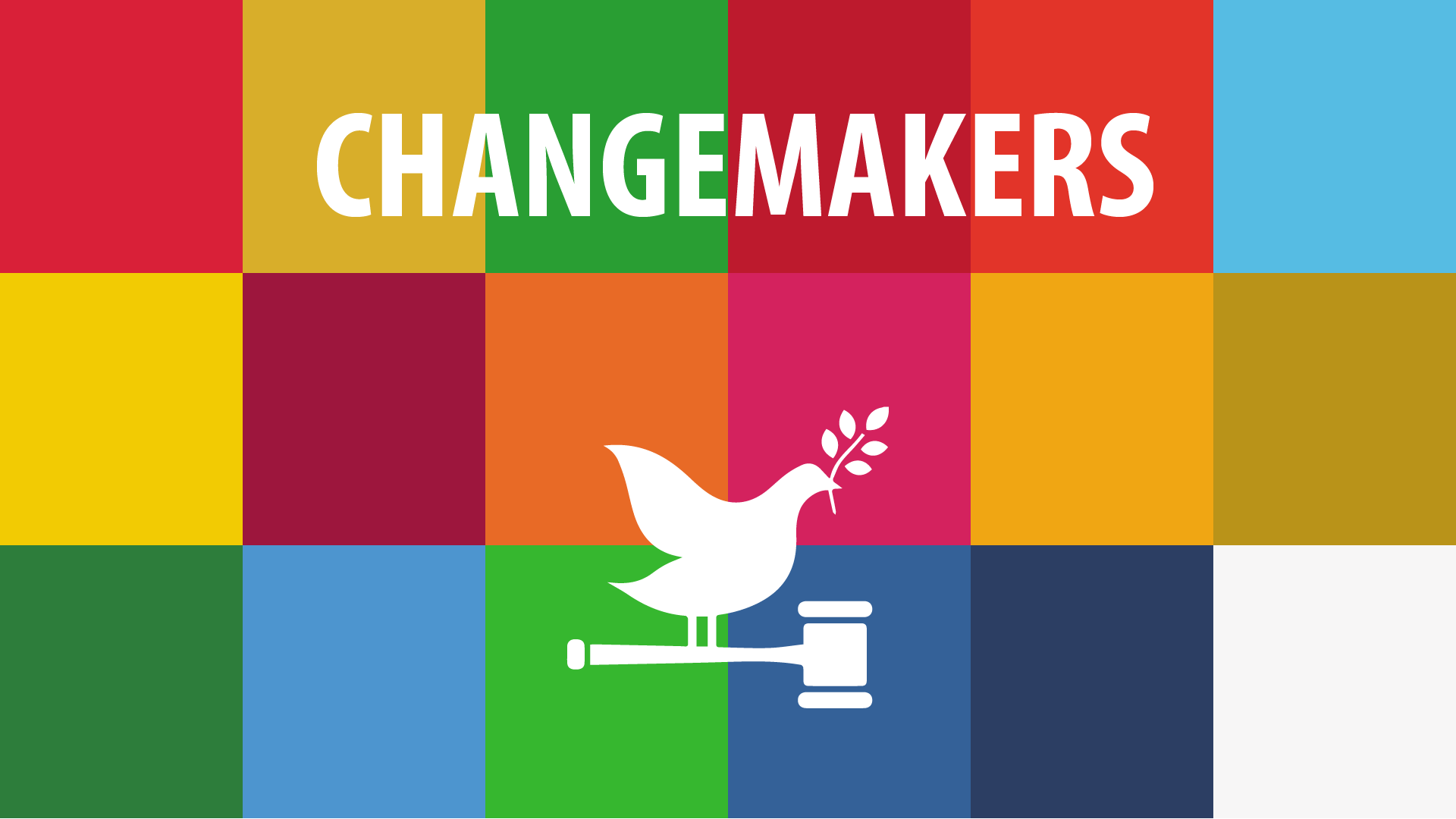
Fighting for your rights
HRDs are not only an invaluable source of information for peacebuilding and human rights, they are our most powerful catalysts for positive change. We cannot afford to miss their voices in civil society.
Meet Changemakers
Owing to the nature of their work, and privacy and security considerations, the personal stories and details of Changemaker Program beneficiaries are only published with their explicit permssion.
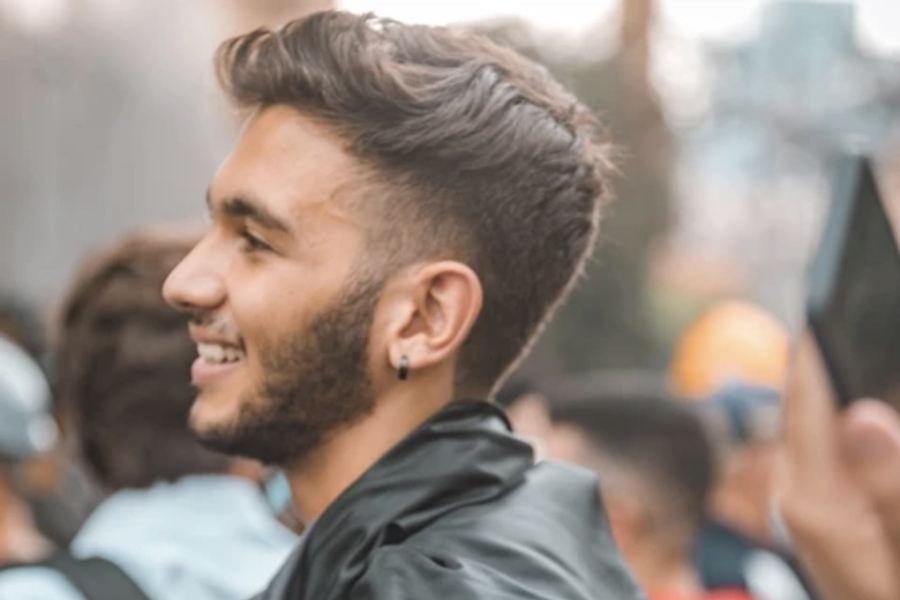
Carlos
Meet Carlos. Just 19 years old, Carlos has already done so much to rebuild Beirut after the August 4th explosion.
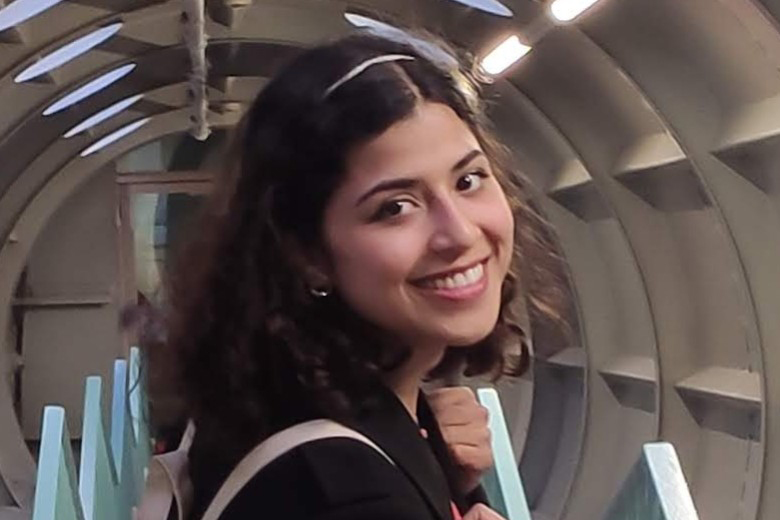
Nathalia
Exiled from her home country, Nathalia has delivered thousands of Humanitarian Aid Kits to vulnerable groups in Nicaragua.
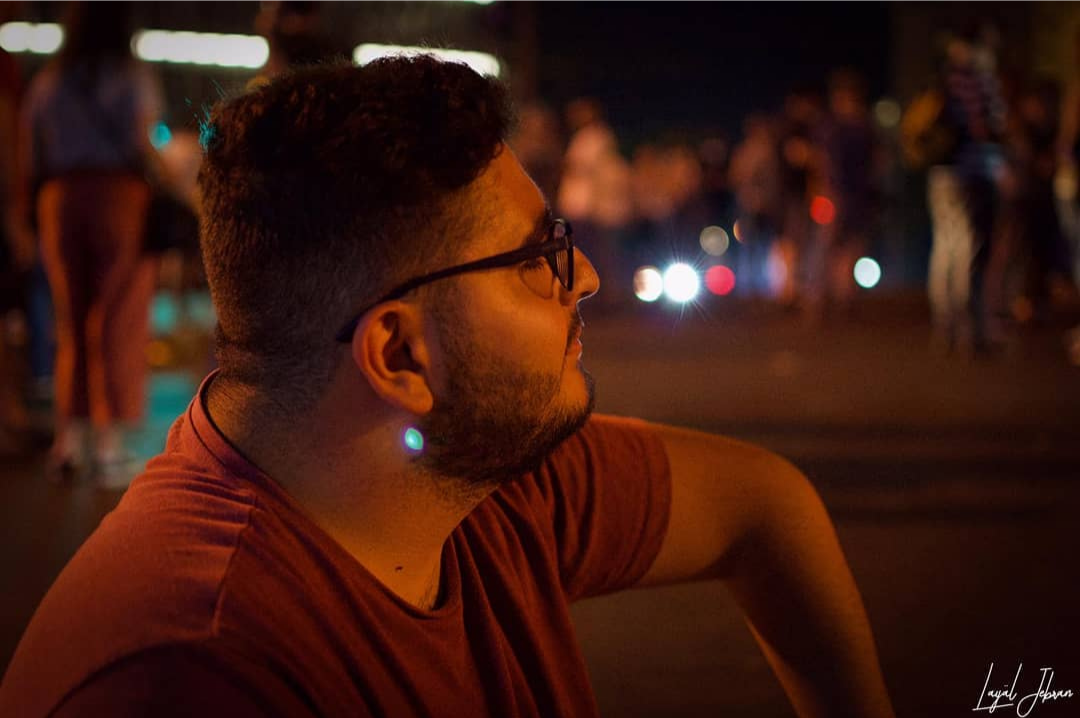
Khodor
Khodor believes in civil activity and peaceful actions to keep the ruling classes accountable.

“I deeply admire the courage and sacrifice of human rights defenders. These individuals and organizations are our eyes and ears and conscience.”
UN Secretary General António Guterres
“Human rights defenders are people who champion and fight for the human rights of other people. They challenge brutality, oppression and injustice in every part of the world, often risking their lives to expose abuses and hold powerful people to account, while supporting the survivors of human rights abuses.
They are invaluable in creating a world where all our human rights are respected – their efforts benefit all of us.”
Amnesty International
Changemaking Sponsors
Without support from our sponsors, change would not be possible. We would like to thank the following organisation in particular for their generous support of this project.
